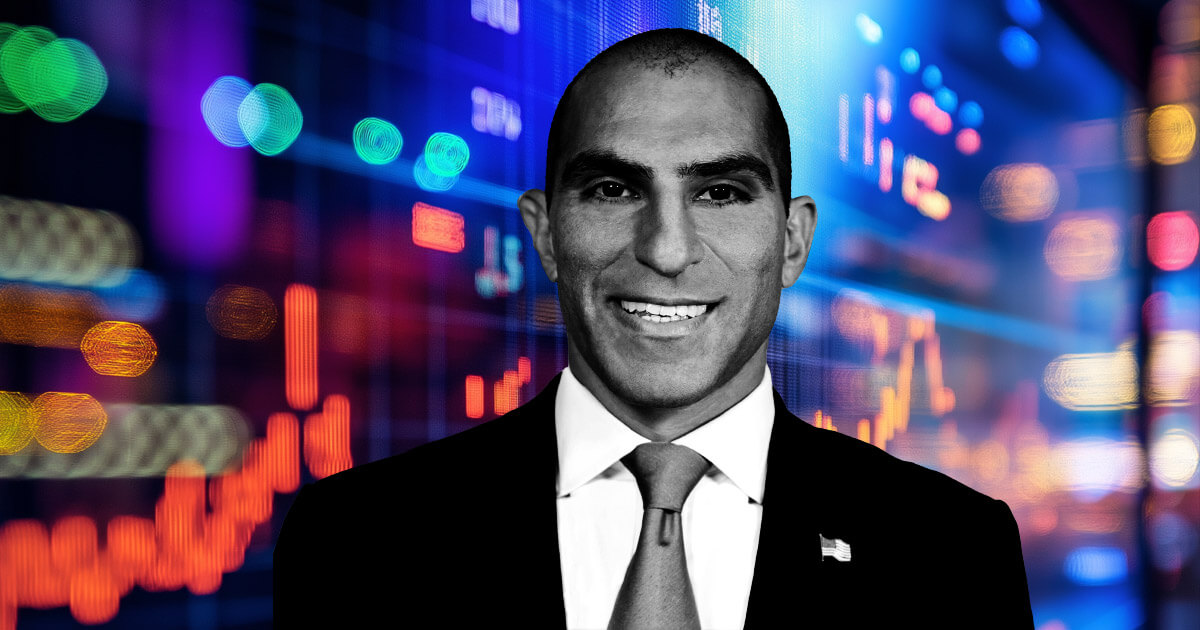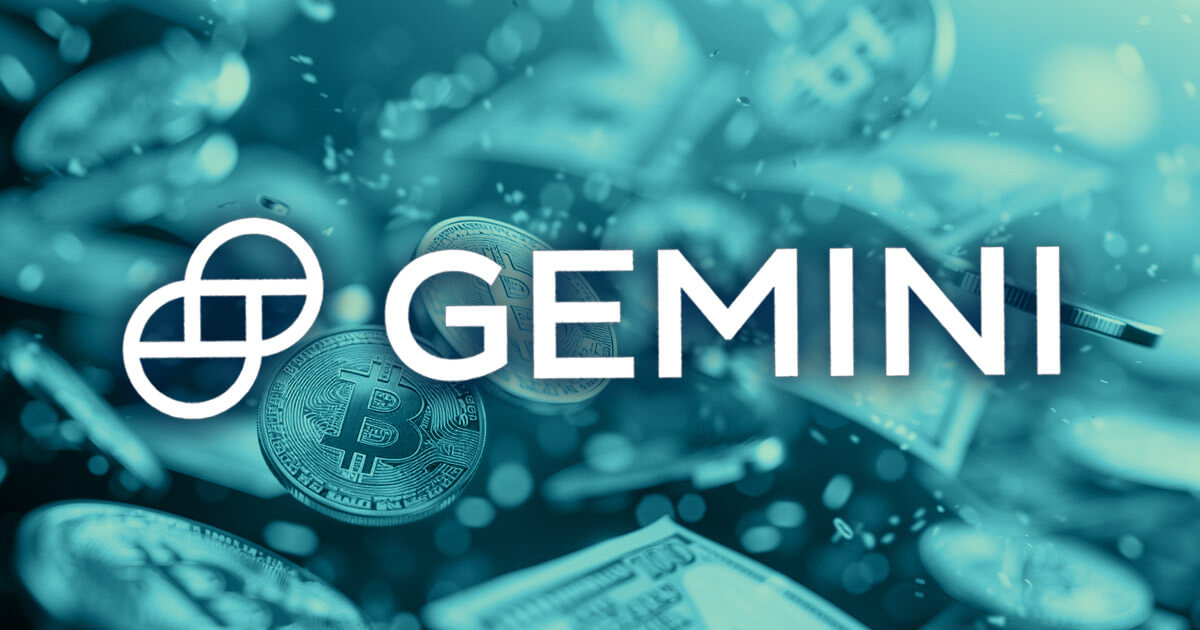LawFlash
June 21, 2023
New York Attorney General Letitia James introduced on May 5, 2023 a proposed bill that, if enacted, would significantly tighten regulation over digital asset market participants and exchanges. While the New York State legislative session ended on June 8 without the introduction or passage of the proposed legislation, we anticipate that the current proposal or a new version will be introduced during the next legislative session or discussed with legislators in other states (i.e., shopped around).
The CRPTO Act
According to Attorney General James, the Crypto Regulation, Protection, Transparency, and Oversight Act (CRPTO Act) is intended to protect investors, increase financial transparency and oversight, and rein in “rampant fraud and dysfunction” in the cryptocurrency industry.
The CRPTO Act expands on the BitLicense framework under the 2015 New York Department of Financial Services (NYDFS) regulation, going beyond just “virtual currencies.” Pursuant to the current BitLicense regime, companies and individuals that engage in “virtual currency business activity” must obtain a BitLicense in order to operate within the State of New York or with New York residents.
Under that framework, a licensee must, among other things, (1) maintain an adequate compliance program, (2) meet certain capital and custody requirements, (3) keep books and records, and (4) deliver financial reports to the NYDFS superintendent.
The CRPTO Act, in contrast, goes beyond virtual currencies and applies broadly to include all digital assets, including virtual currencies, cryptocurrencies, coins, tokens, and other digital units that could be used as a medium of exchange with a digitally stored value or unit of account. If adopted, the CRPTO Act would apply to the following industry participants engaged in digital assets activities from or within New York State:
- Digital asset brokers
- Digital asset influencers
- Digital asset investment advisers
- Digital asset issuers
- Digital asset marketplaces
The proposed bill would require a “digital asset influencer” to disclose their ownership interest or compensation in connection with the digital asset they are promoting. The bill defines a digital asset influencer as “any person who, in connection with the offer or sale of any digital asset, widely promotes, publishes, publicizes or circulates any notice, circular, advertisement, newspaper, article, letter, investment service, electronic posting or communication which, though not purporting to offer a digital asset for sale, encourages investment in such digital asset, where such person receives compensation of any sort or owns or expects to own such digital asset, unless such ownership or expected ownership amounts to less than $25,000 in value” (excluding a publisher of any bona fide newspaper or news magazine of general distribution).
All digital asset issuers, brokers, marketplaces, and investment advisers would be subject to registration requirements and be required to publicly post a certification of compliance with the requirements of the CRPTO Act, which would include topics such as conflicts of interest, reporting and disclosure, and consumer protection.
Conflicts of Interest
The CRPTO Act would seek to eliminate conflicts of interests by prohibiting any person or affiliate from acting as more than one of the following at the same time, which could radically change how businesses are currently structured:
- a digital asset issuer;
- a digital asset broker;
- a digital asset marketplace; or
- a digital asset investment adviser.
While banks not acting “primarily” as a digital asset broker, issuer, or investment adviser would be exempt from this requirement, those operating a digital asset marketplace would not be able to act as digital asset issuers, brokers, or investment advisers. Under the proposal, digital asset broker-dealers would not be able to refer any customer to an issuer or investment adviser if doing so would result in any potential or actual economic benefit for the digital asset broker.
The proposal would also impose custody requirements on digital asset brokers, similar to Rule 15c3-3 under the Securities Exchange Act of 1934. More specifically, under the CRPTO Act, digital asset brokers would be required to promptly obtain and maintain physical possession or control of fully paid customer assets. In addition, digital asset marketplaces and investment advisers would both be prohibited from taking custody of any customer’s digital assets.
However, the bill provides an exception for marketplaces if they are taking custody for the purpose of effecting a specific transaction. Investment advisers would be permitted to direct discretionary trading through a digital asset broker because they would not be considered to have physical possession or control of digital assets in that scenario.
Disclosure of Financial Information and Listing Standards
The proposal further aims to improve transparency to customers by requiring various disclosures, as summarized below:
- Digital asset issuers, brokers, marketplaces, and investment advisers would be required to publish independently audited annual and quarterly financial statements.
- A digital asset marketplace would be required to adopt and publish listing standards for every digital asset that it lists. The listing standards would be required to impose capital requirements for issuers and the requirement that issuers publicly disclose each digital asset’s source code. A marketplace would need to vet the digital asset software code against the issuer’s disclosure for consistency.
- Prior to issuing a digital asset, a digital asset issuer would be required to publish and distribute a prospectus that contains material information about the issuer and digital asset. At a minimum, the CRPTO Act would require that the prospectus include a description of the issuer’s business, the issuer’s financial condition, results of the issuer’s operations, risk factors related to the digital asset, conflicts of interest, the issuer’s financial statement schedules, and the identities of all directors, executive officers, and key employees who make or are expected to make significant contributions to the development of the digital asset.
- A digital asset broker would be required to disclose to customers any fees that they receive from any source.
- A digital asset marketplace would be subject to the production of a disclosure schedule listing all fees received from facilitating any digital asset transaction, including listing fees or commissions.
Proposed Anti-Fraud Measures
Under the proposal, digital asset brokers and investment advisers would be required to reimburse customers for self-reported unauthorized transfers, with the burden of proof placed on brokers and investment advisers to show that a transfer was in fact authorized. The CRPTO Act defines unauthorized transfers as any digital asset transaction “effected without the customer’s actual authorization” or “effected with the customer’s authorization due to fraudulent inducement.”
Digital asset brokers and investment advisers would also be required to enact know-your-customer provisions and maintain anti-money laundering programs. Additionally, the proposal would prohibit any digital asset from being labeled a “stablecoin” unless the stablecoin is backed by at least a 1:1 reserve. According to the bill, the stablecoin ratio “shall equal U.S. currency, Level 1 liquid assets (as defined in 12 C.F.R. § 249.20), or both[,] divided by the stated value of the stablecoin.”
Enforcement Powers
Attorney General James’s proposed legislation represents the State of New York’s efforts to strengthen its regulatory framework over cryptocurrency and digital assets. If enacted, it would also expand the Attorney General’s enforcement power to seek civil penalties of (1) $10,000 per violation per natural person or (2) $100,000 per violation per any other person or entity.
Next Steps
Although no representative of the New York Assembly introduced the bill before the 2023 legislative session ended on June 8, 2023, the CRPTO Act or a version of the CRPTO Act could be introduced during the next legislative session in New York or in other states. States’ interest in digital assets has increased over the last year in light of bankruptcies and other events in the digital asset industry, as well as Congress’s failure to overcome its inertia on digital asset legislation.
That said, the Security and Exchange Commission’s increasingly hostile approach to regulating digital asset issuers and exchanges by enforcement could have a chilling effect on the US digital asset industry, making state efforts to regulate the industry futile.
Credit: Source link















































